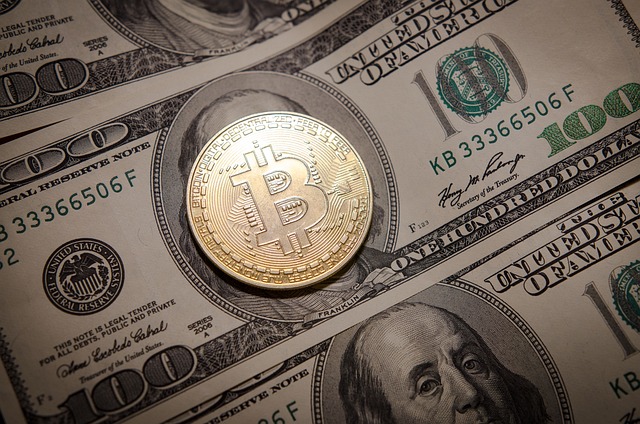Is Crypto Legal in Russia?
Russia has been a hot topic in the crypto community due to its stance on digital currencies. The legality of cryptocurrencies in Russia has been a subject of debate, as the government has taken various positions over the years. Let's delve into the current status of crypto in Russia and explore its implications.

The Legal Landscape of Crypto in Russia
Russia's relationship with cryptocurrencies can be described as complex and ever-evolving. Initially, the government viewed digital currencies with suspicion and expressed concerns about their potential use for illegal activities, money laundering, and terrorist financing. In 2014, the Russian Central Bank issued a warning, stating that cryptocurrencies could be used for criminal purposes.
However, the situation started to change in 2017 when Russian President Vladimir Putin spoke in favor of creating a legal framework for cryptocurrencies. He directed government agencies to develop regulations that would provide clarity and support for the use of cryptocurrencies while ensuring the prevention of illicit activities.
In 2018, the Russian government introduced a bill called the "Digital Financial Assets" (DFA) bill, which aimed to regulate cryptocurrencies and blockchain technology. The bill defined cryptocurrencies as digital financial assets and proposed guidelines for their issuance, circulation, and trading.
Regulatory Challenges and Updates
Despite the positive outlook, the legal status of cryptocurrencies remained uncertain. The DFA bill faced several revisions and delays, resulting in prolonged ambiguity for both businesses and individuals involved in the crypto space. While some businesses continued to operate, others were cautious due to the lack of clear regulations.
In July 2020, significant amendments were made to the DFA bill, introducing a more comprehensive regulatory framework for cryptocurrencies in Russia. The amendments defined digital currencies as property, giving them legal protection and allowing for their ownership and circulation within the country.
However, the legislation did not address all concerns raised by crypto enthusiasts and businesses. It lacked specific guidance on topics such as taxation, mining, and initial coin offerings (ICOs). The absence of regulations in these areas has caused uncertainty, making it challenging for businesses and investors to participate fully in the crypto market.
Conclusion
While the legal status of cryptocurrencies in Russia has progressed over time, there are still certain gaps and challenges that need to be addressed. The country recognizes digital currencies as legitimate assets, but the lack of specific regulations hampers the growth and adoption of cryptocurrencies.
If you're interested in learning more about the importance of crypto signals and the role of crypto signal bots, check out this article.